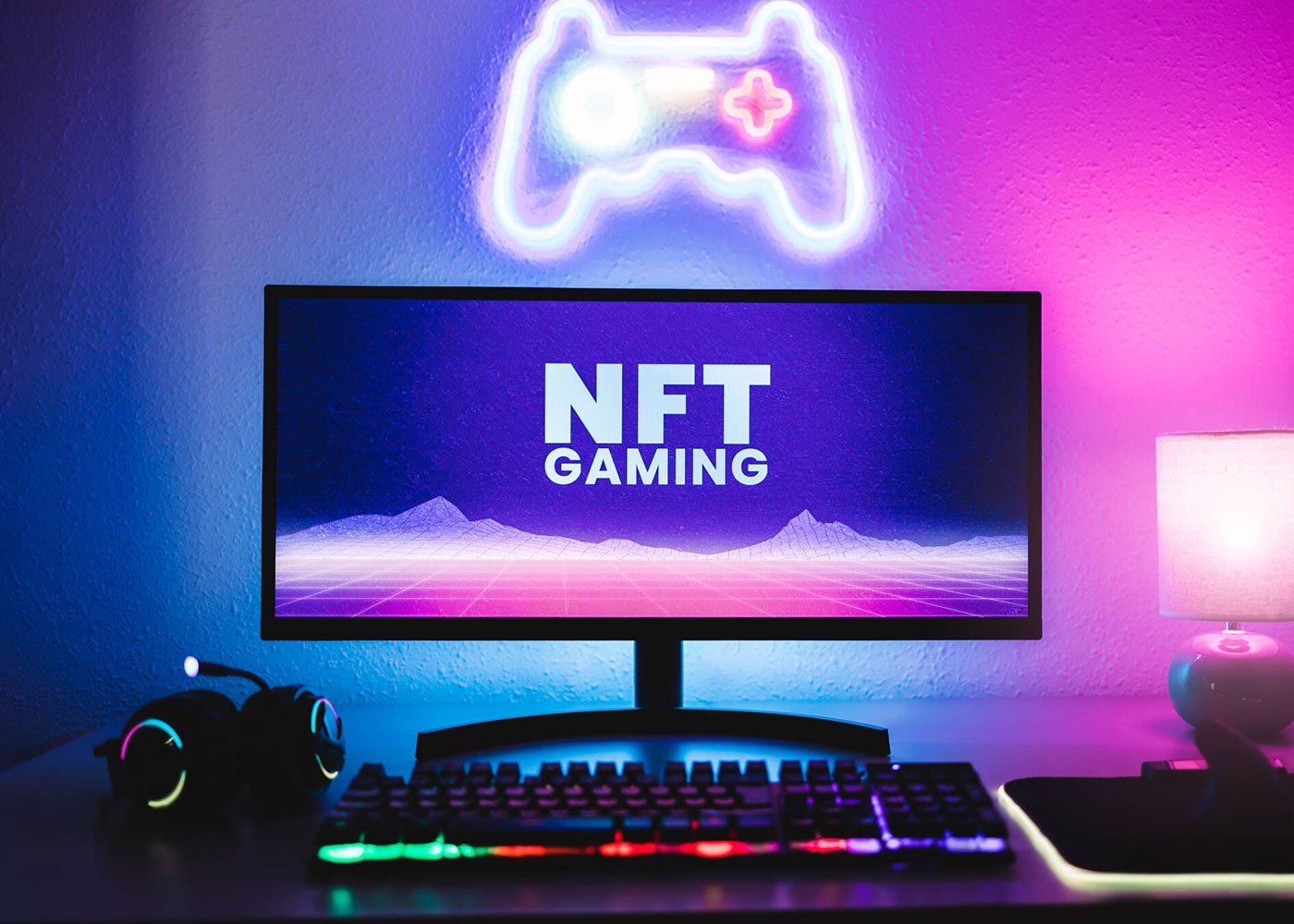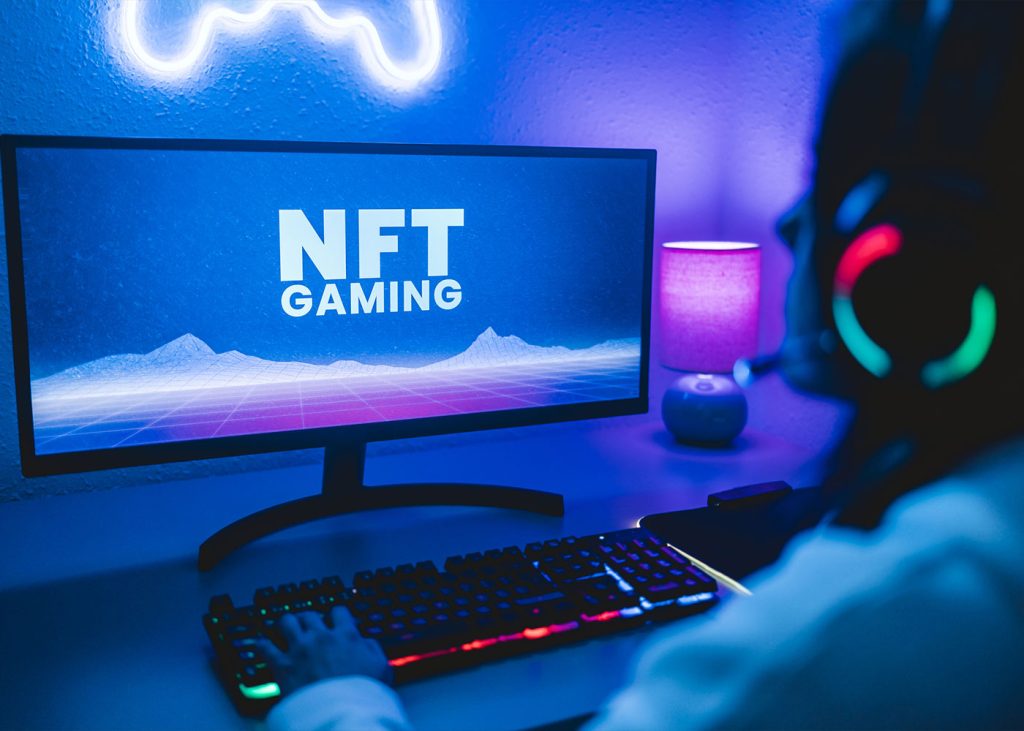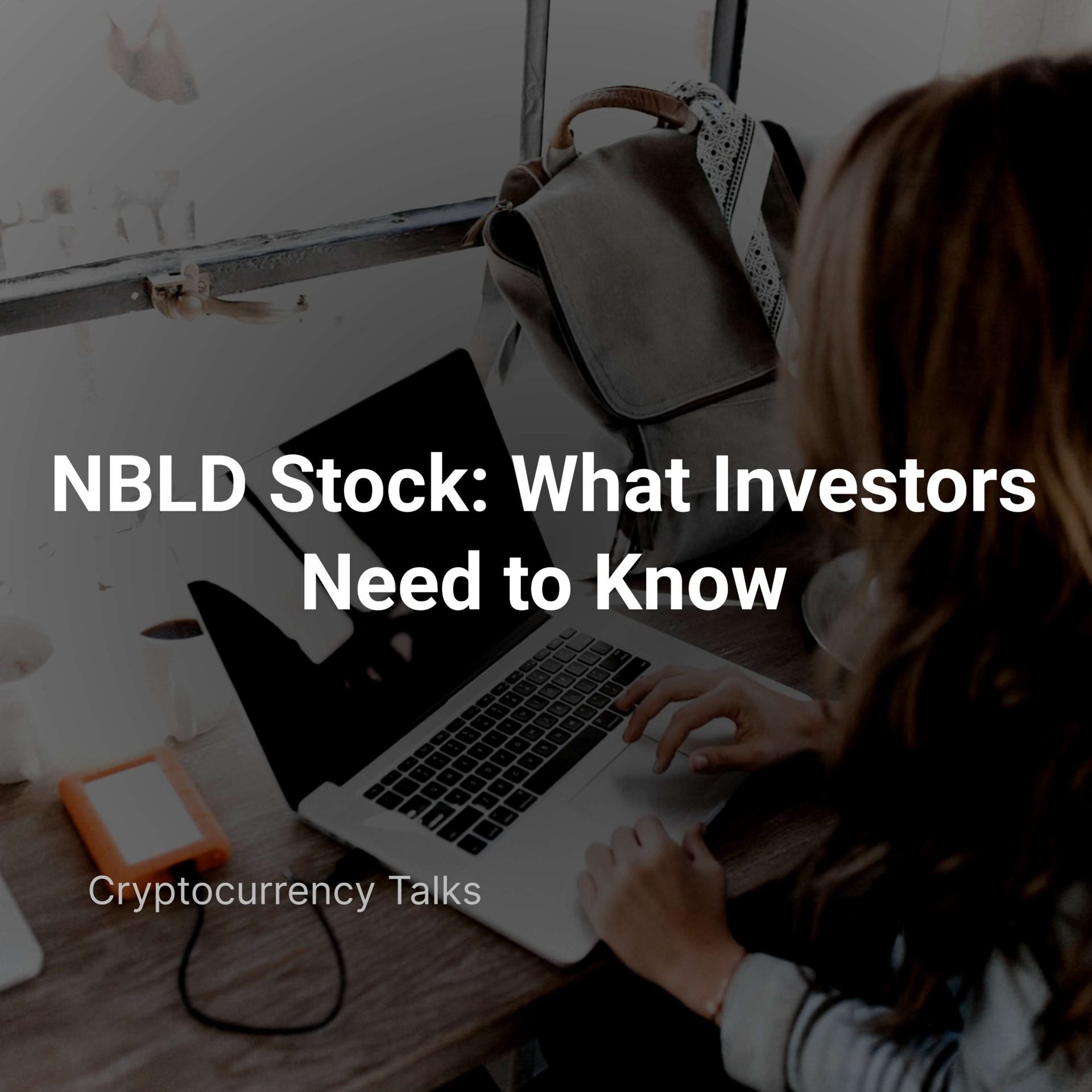
Are you interested in learning how to make your own NFT game? Developing an NFT game is time-consuming, but it can also be one of the most rewarding projects you’ll ever work on. Building your own game can give you huge bragging rights among other gamers and earn you lots of money when players purchase and use the tokens associated with your game. If this sounds like something that interests you, then read on to learn more about NFT Game Development 101: How to Make NFT Games!

So, How to Make NFT Games?
Here are some more details on each of the steps involved in developing NFT games:
Conceptualization:
This is the stage for constructing your game concept. From genre and plot to goals and mechanics, you should decide what is best suited for captivating your target players. To do this efficiently, you must rely on creative thinking as well as knowledge of what truly resonates with them.
Designing the game assets:
After you develop a brilliant game concept, the next step is to craft its unique digital components, such as characters, objects, settings, and more. Players will own these non-transferable assets as NFTs. You can either trust your in-house team of artists or outsource this task to experienced third-party designers to craft these elements perfectly!
Integration with blockchain:
Crafting NFT games is an essential step in integrating blockchain technology. To properly execute the development of your game, you must determine which chain you wish to use and conceptualize how you will create, manage, and shift around NFTs on that chain. Ethereum reigns supreme as the most popular choice for this kind of endeavor.
Developing the game:
All that’s left to do is create the game itself! You’ll need a robust tool like Unity or Unreal Engine to get started. But be warned: this step involves both programming and game development know-how – so make sure your team is up for the challenge!
Testing the game:
It is of the utmost importance to extensively test NFT games before they are released. Beta testing with a select group of players allows you to receive feedback and make any necessary amendments while identifying potential glitches or bugs. This step should not be overlooked for your game to have optimal performance when it finally hits the market!
Launching the game:
When the game is complete and ready to be released, you can launch it on platforms such as Steam, Epic Games, or any other platform that accepts NFT games. You could also develop a standalone platform for your own game if desired. It’s important that you spread the word about your game so that players know its existence and will join in on playing it – building up an active community around it!
Monetization:
Unlocking multiple revenue streams for your NFT game is an achievable goal. You can sell the game assets as Non-Fungible Tokens (NFTs) on numerous digital marketplaces and also charge players to access them or provide in-game purchases – all of which are enabled by blockchain payment systems such as cryptocurrencies.
To craft a successful NFT game, you must possess knowledge of gaming and blockchain platforms and creative ingenuity. Before releasing your game to the public, it’s crucial that you have an innovative concept in mind that has been carefully tested with strong monetization strategies at the ready.
Final Words:
As you can see, creating an NFT game is not a complicated task, but it does need to be taken seriously. There are many considerations and aspects to consider when developing an NFT game. From budgeting the right amount of funds and setting realistic goals to understanding the various blockchain platforms available, these are all key steps on the journey toward successfully launching your own NFT game. With careful planning and research, you can create a successful and profitable game that will attract players and providers alike. With its low entry cost, ample opportunities for creativity, and strong industry potential – there has never been a better time for developers to create their very own NFT games.






